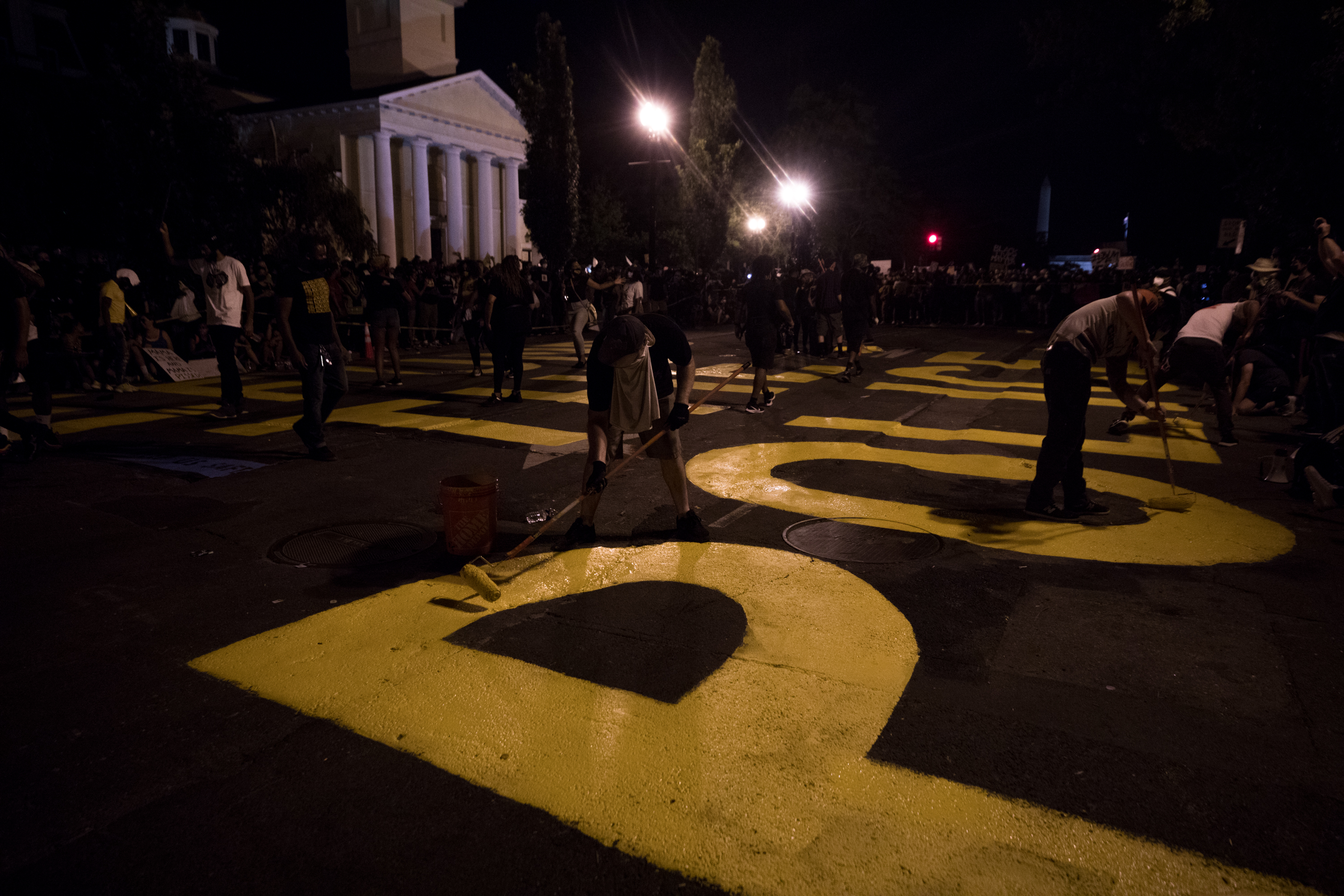Event

Presenter: Ruth Moyer, PhD in Criminology
Discussant: Nina Johnson, Assistant Professor of Sociology and Anthropology and the Program in Black Studies, Swarthmore College
Does a high-profile death-in-police-custody incident affect community reliance on the police for non-criminal caretaking matters? Namely, are citizens less likely to seek police assistance for issues such as a disabled vehicle or a wellbeing check on an elderly neighbor? Many disadvantaged urban communities frequently experience aggressive policing and, as a result, are at heightened risk of negative community-police relationships. How does this disadvantage affect community reliance on the police after a death-in-police-custody incident?
In April 2015, Freddie Gray died from injuries that he received while in Baltimore Police Department custody. In this talk, I discuss whether Gray’s death affected community reliance on the police for non-criminal caretaking matters. As part of my analysis, I present a Negative Community-Police Relationship Index Score that operationalizes the risk of a negative community-police relationship for a given location within Baltimore based on factors such as the percentage of residents living in poverty. Even in high-risk areas, Gray’s death did not significantly affect community reliance on the police for non-criminal caretaking matters. Thus, the caretaking role of the police may be an important mechanism to strengthen public trust in the police, particularly in disadvantaged neighborhoods vulnerable to strained community-police relations.
(Image via Evelyn Hockstein/For The Washington Post)
